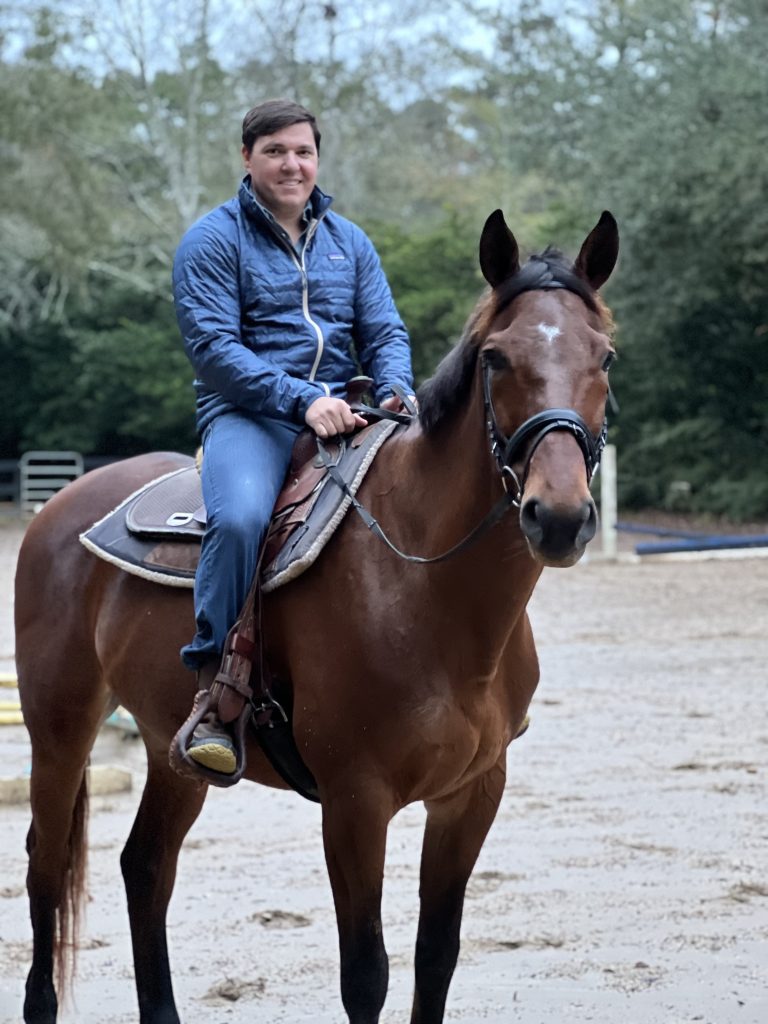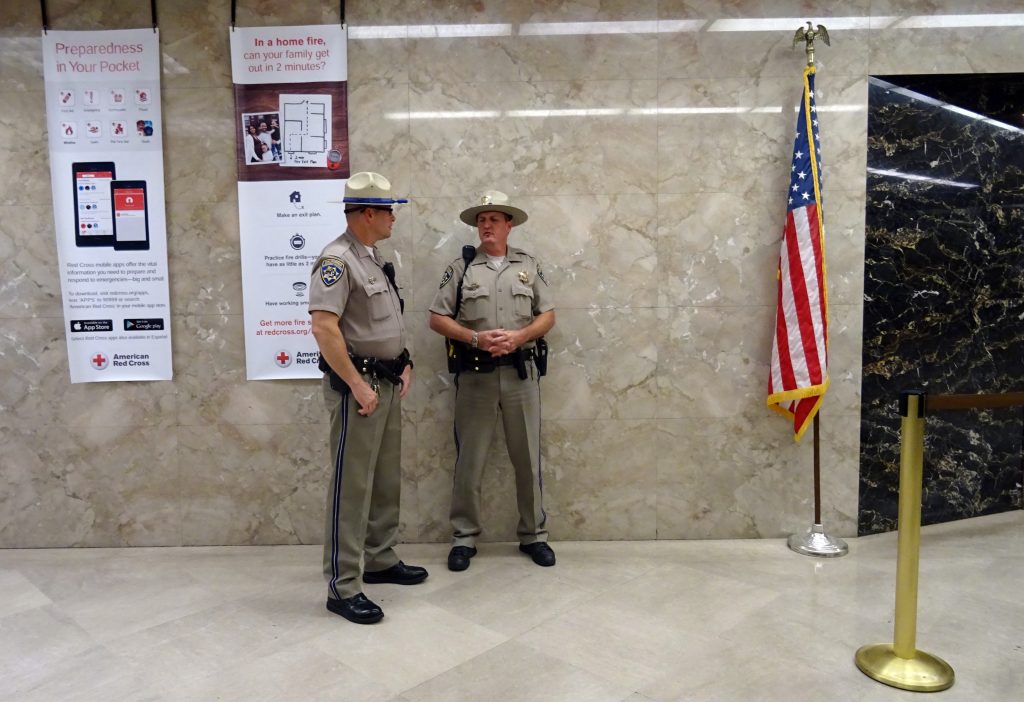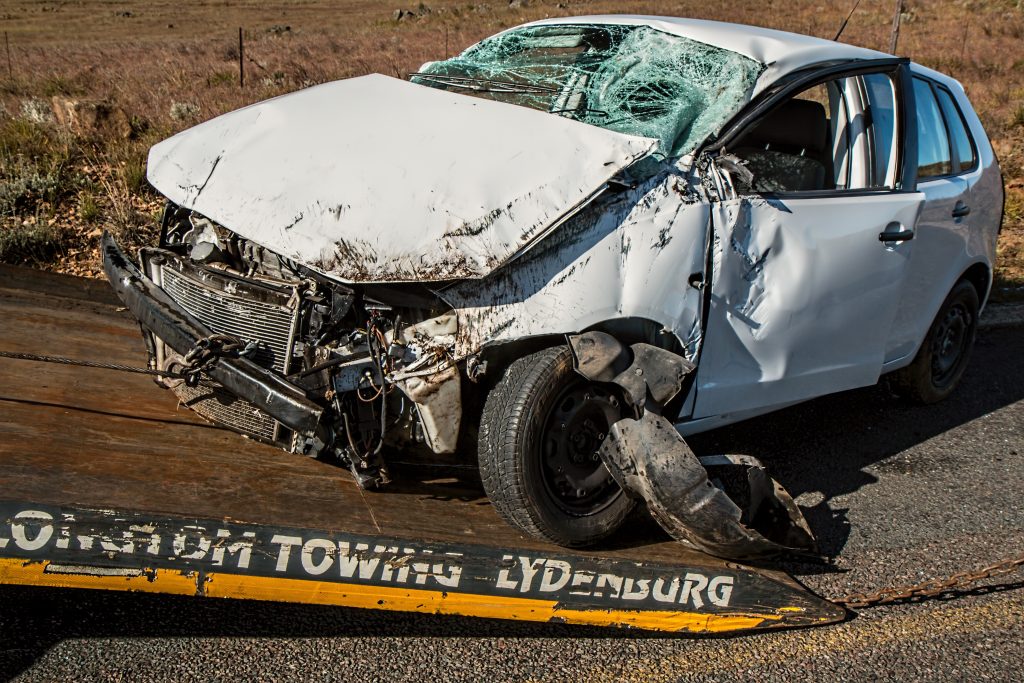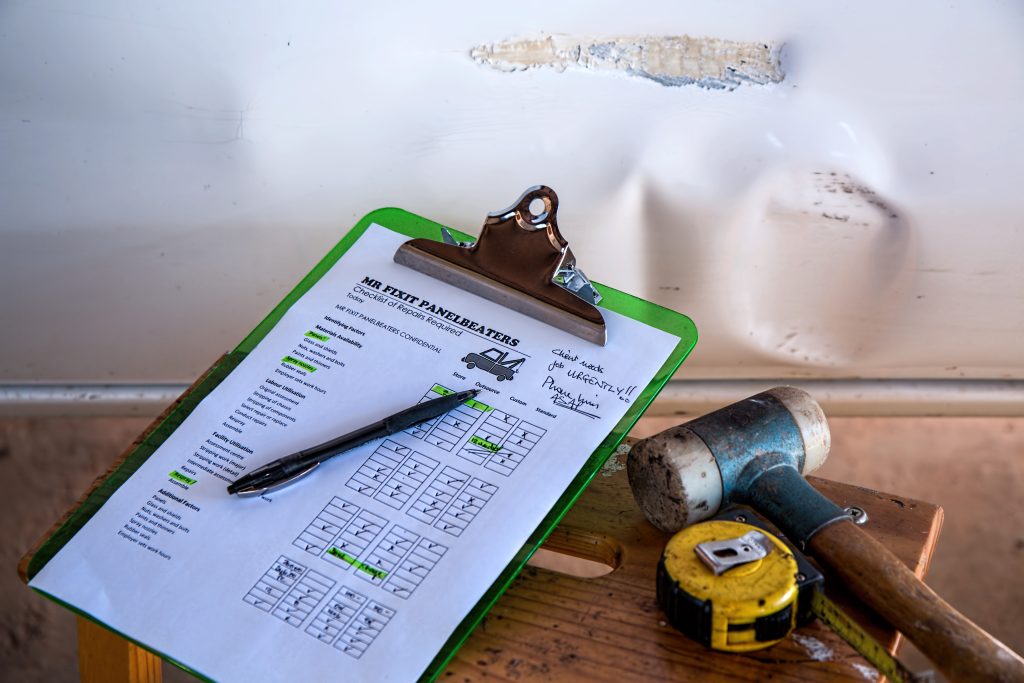 Feeding a horse a treat can seem all fun and games until the horse bites you. This is a lesson Danielle Larson, a visitor to Equest Farm in City Park in New Orleans, learned the hard way in 2013 when a horse bit her while she was feeding it a carrot.
Feeding a horse a treat can seem all fun and games until the horse bites you. This is a lesson Danielle Larson, a visitor to Equest Farm in City Park in New Orleans, learned the hard way in 2013 when a horse bit her while she was feeding it a carrot.
Larson was from Illinois but came to New Orleans often to visit her boyfriend. She had ridden horses since childhood and had been previously shown the correct way to feed a horse. Larson had been visiting Equest Farm for a few years before the horse bit her in September 2013. Larson went to see the school horses on the day of the incident. On her way there, two riders told her to be careful because, at the school, ponies had purportedly bitten a child. While Larson was feeding a horse a carrot, the horse knocked the carrot from her hand, and then the horse bit off her thumb as she reached for the dropped carrot. As a result, Larson required extensive medical care and will likely have to use a prosthetic thumb or transfer a toe to her hand.
There was some dispute about whether there was a sign posted warning people not to feed the horses. The horse at issue overall had a good reputation but had previously bitten a child who had held the horse’s ears while riding him.
 Louisiana Personal Injury Lawyer Blog
Louisiana Personal Injury Lawyer Blog


 Even if your lawsuit has good facts, to prevail, the court must have subject matter jurisdiction to hear your case. Subject matter jurisdiction is the “legal power and authority of a court” to listen to a given proceeding. See
Even if your lawsuit has good facts, to prevail, the court must have subject matter jurisdiction to hear your case. Subject matter jurisdiction is the “legal power and authority of a court” to listen to a given proceeding. See  Lawsuits are filed every day. However, not all of these lawsuits are worth the attention of the courts. Courts are already swamped with dozens and dozens of cases on their dockets and they cannot afford–both monetarily and temporally–to hear every case that comes to their courtrooms. As a result, courts allow parties to file a motion for summary judgment, which allows courts to drop a lawsuit if there is no issue of material fact among the parties.
Lawsuits are filed every day. However, not all of these lawsuits are worth the attention of the courts. Courts are already swamped with dozens and dozens of cases on their dockets and they cannot afford–both monetarily and temporally–to hear every case that comes to their courtrooms. As a result, courts allow parties to file a motion for summary judgment, which allows courts to drop a lawsuit if there is no issue of material fact among the parties.  There are many ways that someone can be denied workers’ compensation benefits. Sometimes it is determined that the accident giving rise to the injury never occurred, other times the claim is filed too late, and in other cases the capacity in which the worker was hired determines eligibility for benefits. The last scenario is illustrated in a case brought to the New Orleans Office of Workers’ Compensation (“OWC”) in 2016.
There are many ways that someone can be denied workers’ compensation benefits. Sometimes it is determined that the accident giving rise to the injury never occurred, other times the claim is filed too late, and in other cases the capacity in which the worker was hired determines eligibility for benefits. The last scenario is illustrated in a case brought to the New Orleans Office of Workers’ Compensation (“OWC”) in 2016. It can be puzzling — if not outright humorous — to observe the warnings in many pharmaceutical advertisements about how a drug’s side effects can be so severe that the potential harms outweigh the possible benefits. What’s not at all funny is when one of those side effects causes a patient actual harm.
It can be puzzling — if not outright humorous — to observe the warnings in many pharmaceutical advertisements about how a drug’s side effects can be so severe that the potential harms outweigh the possible benefits. What’s not at all funny is when one of those side effects causes a patient actual harm.  How much of an award or compensation could a parent expect when a school board is found liable for inflicting trauma on a child? A trauma to a child would have a profound effect on the parent as well as the child. Is it not reasonable to expect the school board to pay for the emotional damages the parent suffered? Unfortunately for a Baton Rouge mother, her failure to include in her written pleadings a claim for general damages resulted in a finding of no damages despite trial testimony supporting her emotional distress. A superior lawyer always includes all possible claims in written pleadings to avoid this unfortunate outcome.
How much of an award or compensation could a parent expect when a school board is found liable for inflicting trauma on a child? A trauma to a child would have a profound effect on the parent as well as the child. Is it not reasonable to expect the school board to pay for the emotional damages the parent suffered? Unfortunately for a Baton Rouge mother, her failure to include in her written pleadings a claim for general damages resulted in a finding of no damages despite trial testimony supporting her emotional distress. A superior lawyer always includes all possible claims in written pleadings to avoid this unfortunate outcome.  We all try our best to avoid trouble, but sometimes fights happen. It may be best to avoid a brawl if you see one occurring. However, when you see your friend in a bind, human nature kicks in, and before you know it, you’re in an altercation that you never signed up for. If you are injured in a fight, proceed carefully when suing the party that caused your injuries. Ryan Martinez learned this lesson the hard way following the Louisiana First Circuit Court of Appeal ruling in the following case.
We all try our best to avoid trouble, but sometimes fights happen. It may be best to avoid a brawl if you see one occurring. However, when you see your friend in a bind, human nature kicks in, and before you know it, you’re in an altercation that you never signed up for. If you are injured in a fight, proceed carefully when suing the party that caused your injuries. Ryan Martinez learned this lesson the hard way following the Louisiana First Circuit Court of Appeal ruling in the following case. What happens when a motorist is injured in an automobile accident while operating a vehicle owned by an employer? While Louisiana law often permits named insured employees to receive reciprocal coverage under an employer’s insurer, insurance law is a complex and, at times, unclear field, especially in relation to uninsured/underinsured motorist coverage. In the case of Chris Loudermilk of New Roads, Louisiana, the Louisiana First Circuit Court of Appeal felt that Loudermilk was not permitted to recover under the language of his employer’s insurance policy.
What happens when a motorist is injured in an automobile accident while operating a vehicle owned by an employer? While Louisiana law often permits named insured employees to receive reciprocal coverage under an employer’s insurer, insurance law is a complex and, at times, unclear field, especially in relation to uninsured/underinsured motorist coverage. In the case of Chris Loudermilk of New Roads, Louisiana, the Louisiana First Circuit Court of Appeal felt that Loudermilk was not permitted to recover under the language of his employer’s insurance policy. When there’s no other option, bankruptcy is an effective tool to shield you from your creditors. But often, those filing bankruptcy do not consider how intrusive a bankruptcy can be. After filing bankruptcy, your remaining assets are put under a microscope by the bankruptcy trustee. Every transaction you make while in bankruptcy, and 90 or more days beforehand, are scrutinized, questioned, and may even be reversed.
When there’s no other option, bankruptcy is an effective tool to shield you from your creditors. But often, those filing bankruptcy do not consider how intrusive a bankruptcy can be. After filing bankruptcy, your remaining assets are put under a microscope by the bankruptcy trustee. Every transaction you make while in bankruptcy, and 90 or more days beforehand, are scrutinized, questioned, and may even be reversed. 